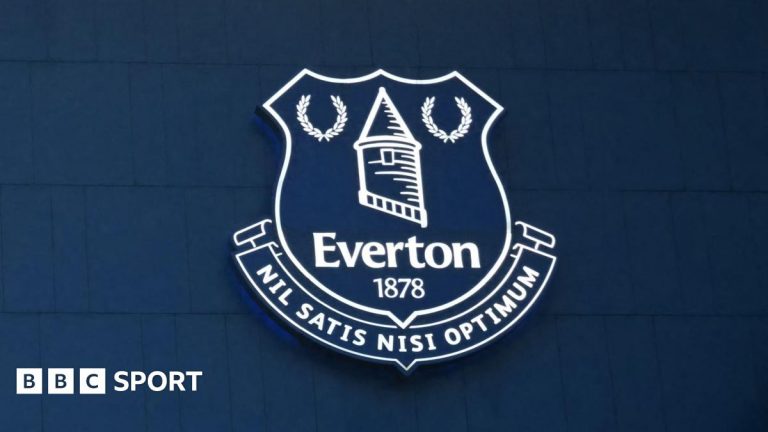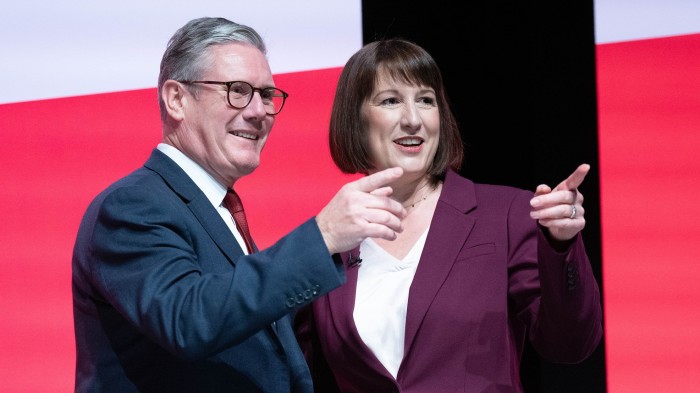The EFL, representing sides in the Championship and Leagues One and Two argued the new format was “agreed solely between the Premier League and the FA” and they were being “marginalised in favour of others further up the pyramid”.
Criticising the change, CEO Trevor Birch said: “This is another traditional revenue stream lost for EFL clubs at a time when the financial gap between the biggest clubs and those further down the pyramid is widening.”
National League CEO Mark Ives said: “We have at no stage voiced our support for the scrapping of FA Cup replays or otherwise. It was a decision made by the Professional Game Board (PGB) which is made up of the FA, Premier League and EFL.”
The FA refute these claims, saying “all parties” were in agreement that replays “could not continue”.
Perhaps the biggest ramification of removing replays is the chance for clubs in lower leagues to receive an extra financial windfall.
Take Tamworth, for example.
According to football finance expert Kieran Maguire, external, a replay at Spurs’ stadium would have earned them about £800,000 through ticket sales and TV money. In the FA Cup, ticket sales are split equally between clubs, regardless of whether you play at home or away.
To put that into context, Maguire suggests Tamworth’s annual wage bill is £1.1m and that their revenue in 2024 was £1.6m.
It is worth noting that even with the change, issues of fixture congestion remain. Spurs may have avoided one match they would have faced in previous seasons, but they still face a busy schedule when the next round is played.
Their fourth-round tie against Aston Villa should be held on either Sunday 9 or Monday 10 February, but they face Liverpool in the EFL Cup semi-final second leg on 6 February. Opponents Villa could have a Champions League play-off fixture on 11 January if they finish outside the top eight in the Champions League group.



























+ There are no comments
Add yours